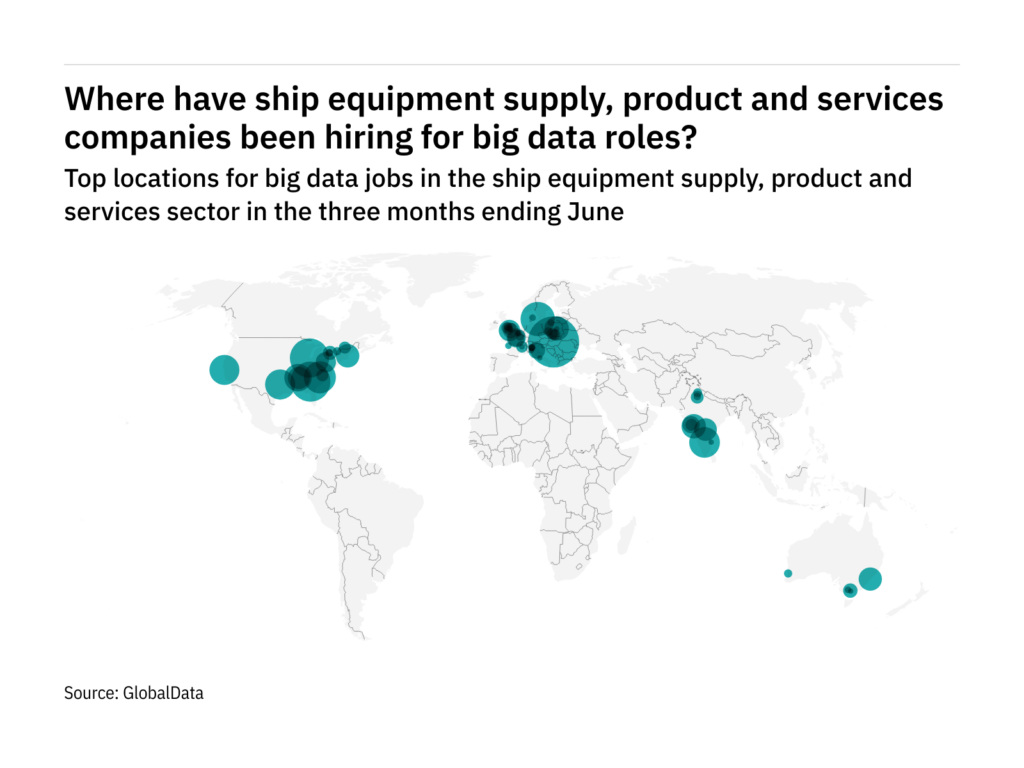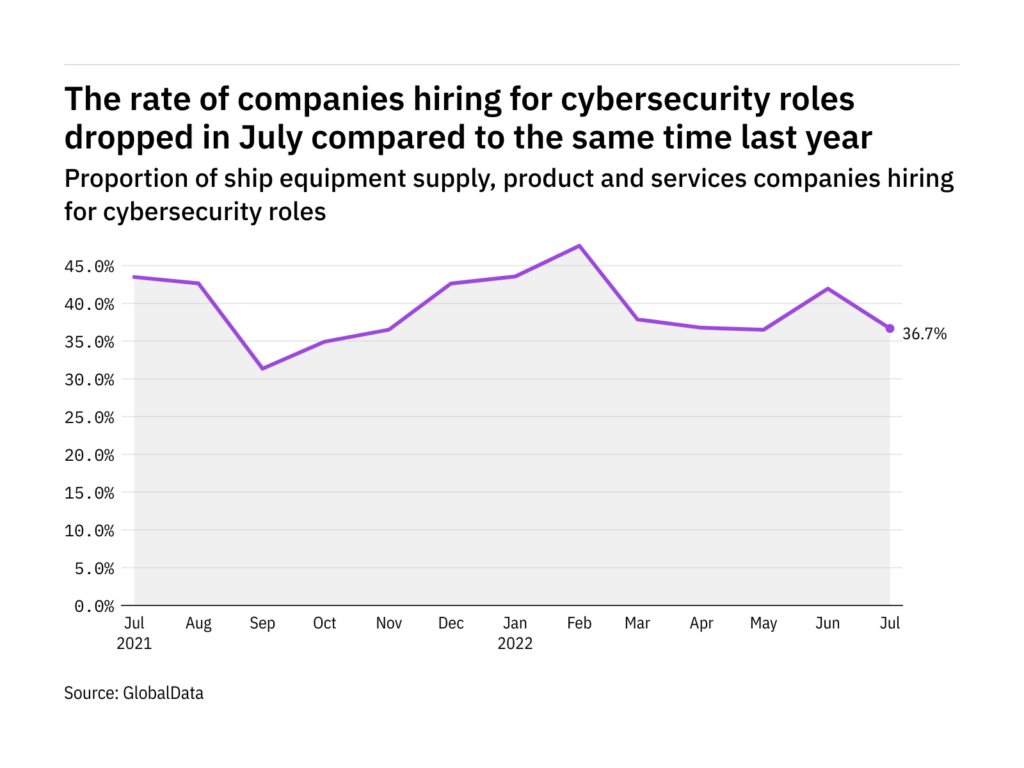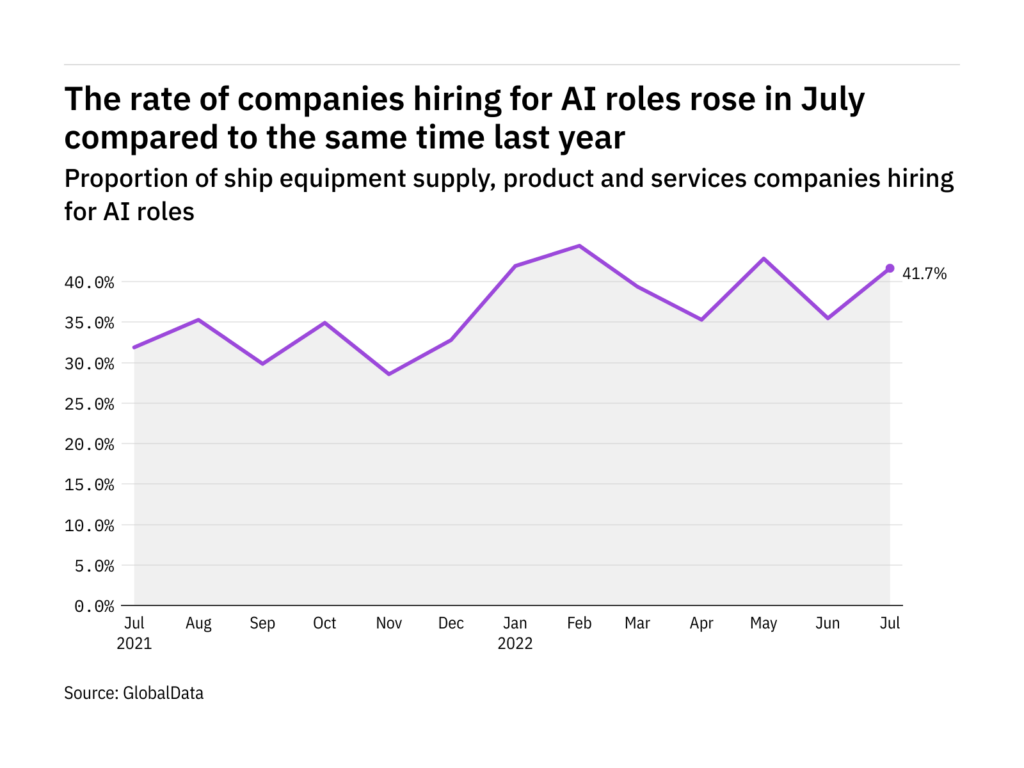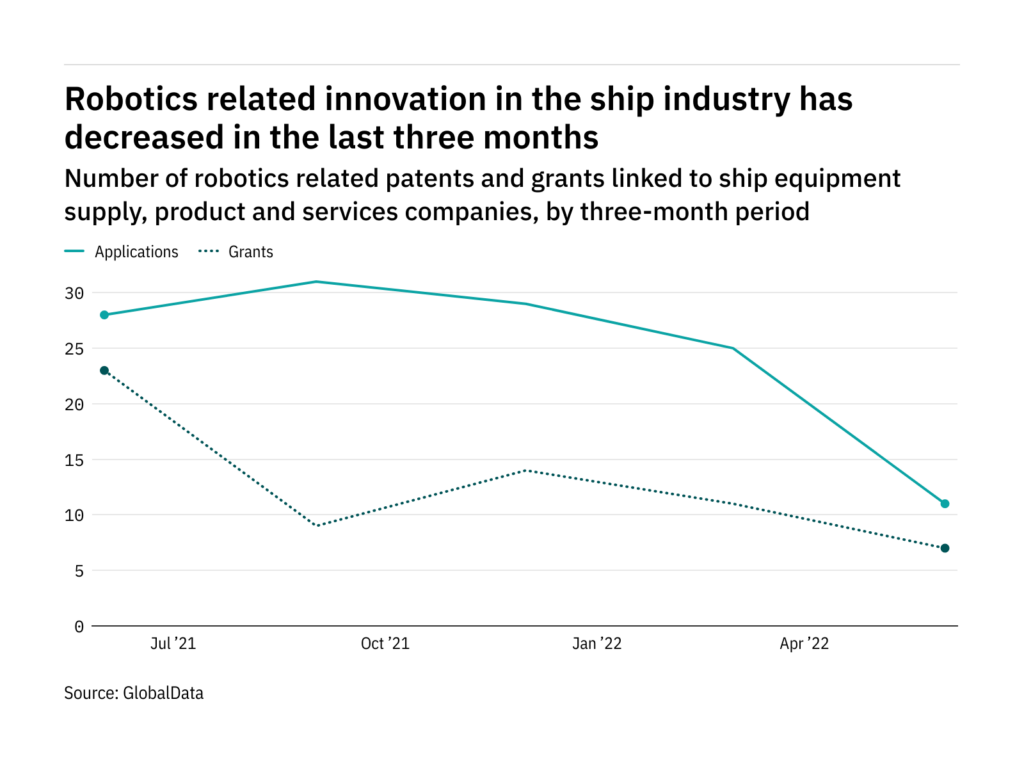
For many years, the rich and diverse ecosystem of the Red Sea has made it a hotspot for holidaymakers. Egyptian diving companies have thrived on the sheltered reefs, coral gardens, beautiful sea life and shipwrecks that lie below the water’s surface.
Nevertheless, marine ecologists and conservationists are worried that these exotic and vibrant ecosystems are being pummelled by pollution and destructive activities. One example is the desalination plants dotted along the Saudi Arabian shoreline, which pump concentrated brine into the Red Sea and make it increasingly salty and toxic to coral reefs.
But it’s not just land-based activities that are to blame. The Red Sea is crossed by some of the most important shipping lanes in the world, with more than 20,000 ships passing through the Straits of Bab-el-Mandeb each year. From bad tourism practices to oil tankers spilling their wares, shipping activities have had a troubling impact on this aquatic landmark.
Coral reefs and marine life
Forming large platforms and coastal lagoons, the Red Sea’s sprawling, ancient coral reefs provide a habitat to more than 1,000 species of fish. However, waste disposal and poorly placed anchors can kill coral species or hamper their reproduction, which in turn affects the animals that call them home.
For one, live coral reefs have borne the brunt as tourist boats zone in on popular dive sites. Launch boats used for recreational activities often tie their anchors to live coral reefs, a practice that has led to their disappearance in areas where warning buoys have not been deployed.
Dolphins are another example of marine life impacted by vessels, with divers often taking advantage of resting areas. This led delegates at a recent conference held by the Convention on Migratory Species (CMS) to call for the regulation of in-water interactions between tourists and dolphins.
How well do you really know your competitors?
Access the most comprehensive Company Profiles on the market, powered by GlobalData. Save hours of research. Gain competitive edge.

Thank you!
Your download email will arrive shortly
Not ready to buy yet? Download a free sample
We are confident about the unique quality of our Company Profiles. However, we want you to make the most beneficial decision for your business, so we offer a free sample that you can download by submitting the below form
By GlobalData“They hunt during the night and come into the resting areas during the day, and they cannot afford to be continuously disturbed by tourists who jump into the water and want to interact with them,” says conservationist Giuseppe Notarbartolo di Sciara.
In October 2017, a CMS report marked the first ever comprehensive review of cetaceans – a class of aquatic mammals that includes whales and dolphins – in the Red Sea. The study highlights that climate change, chemical and noise pollution, and the disturbance of critical habitats could be problematic for these migrating species.
As one of the report’s co-authors, Notarbartolo di Sciara expresses that there is “massive transportation of oil across the Red Sea diagonally, and that is a potentially significant hazard if there is an oil spill or an accident.”
Huge oil tankers often head north from the Middle East to Europe through the Suez Canal, meaning that small-scale oil leaks are unavoidable. The Red Sea resort town of Hurghada regularly reports incidences of oil spills, with the most recent in September 2017 stretching across more than 400m of open water.
Existing port facilities along the Red Sea coastline have historically lacked adequate reception facilities for incoming ships, meaning that some of them have dumped waste and ballast water directly into the sea. The Regional Organization for the Conservation of the Environment of the Red Sea and Gulf of Aden (PERSGA) has reported that tar balls formed by ballast water have consequently washed up on the sea’s coastline.
“Even though [the] Red Sea is said to enjoy one of the safest environments in the world, it has recently come under severe pressure due to illegal fishing, the depositing of untreated sewage, the shipping of waste including toxic substances and increased shipping activities carrying chemicals and crude oil,” read a PERSGA statement in 2012.
Protecting the Red Sea
Egypt has been one of the main regions for establishing and managing marine-protected areas in the Red Sea. In November 2017, Red Sea Governor Major General Ahmed Abdullah established a new 450,000m2 free zone adjacent to the Port of Safaga. Built to serve cruise ships and yachts, the area is expected to create a new industrial venue for environment-friendly projects.
Recently, tour boat operators were instructed to protect dolphins in the areas through a range of activities, such as reducing their speed in coral areas and anchoring boats only in signed locations.
Environmental conservation groups, including PERSGA and the Hurghada Environmental Protection and Conservation Association (HEPCA), are charged with the protection and conservation of the land and marine ecology in the Red Sea. HEPCA has been installing mooring buoy stems next to popular diving spots, which ship operators can use to secure their vessels beside a reef, without having to throw down an anchor.
In the busy Jordanian port of Aqaba, container ships and freighters are compelled not to dump anything in the sea by a ‘Zero Discharge Policy’ enforced by local environmental authorities. However, according to Nedal M. Al Quran, manager of the UN-backed Integrated Coastal Zone Management Project, bad disposal practices resulting from a lack of awareness still plague the Jordanian coast.
“The people of Jordan are educated but we still suffer the level of awareness in some groups who are still not up to the necessary degree of understanding, so, many NGOs focus their activities on raising awareness,” he said to Australian media service SBS.
As ships become increasingly regulated, the drive seems to be more focused on informing tourists about the potential impact they can have on marine ecosystems. In June 2017, HEPCA partnered with a group of students from the American University in Cairo to launch a new Facebook page, which posts numerous videos and articles covering a variety of issues, from the harms of feeding fish to the long-term effects of littering.
The ongoing effect of tourism
In 2017, Saudi Arabia announced it would initiate an enormous new tourism project stretching across more than 100 miles of its coastline. The Red Sea Tourism project will see 50 previously untouched islands being transformed into luxury resorts, with relaxed drinking and clothing rules designed to lure in Western audiences.
The Public Investment Fund (PIF), which is injecting initial investment into the project, has claimed that the number of annual visitors to resorts will be capped and that developers will “mitigate carbon dioxide emissions, waste production, and light and noise pollution” to conserve the area.
“If it’s going to be done keeping the need for the environment in mind it will be a good thing,” says Notarbartolo di Sciara. “Otherwise it can be very problematic – it could affect a very large portion of coast that as far as I know has been relatively undisturbed.”
The PIF did not respond to requests to comment further on the potential environmental impact of the project. This could be telling, given the impact increased tourism has had on aquatic wildlife in the past.
Visitors to the Red Sea have often brought with them a general lack of waste disposal etiquette. Plastic bottles thrown from tourist vessels can take hundreds of years to dissolve, putting aquatic creatures at constant risk of being trapped inside them.
Even without the prospect of the Saudi’s Red Sea Tourism project, Egyptian tourism is back on the rise after a sustained slump, with the number of tourists in the first seven months of 2017 rising by 54%. The pressure is on for environmental bodies to continue raising awareness of the issues in the Red Sea, so that its majestic ecosystem can be explored by future generations to come.







